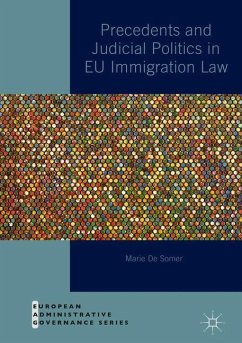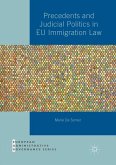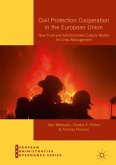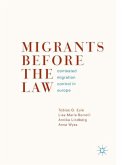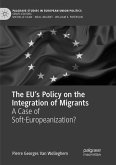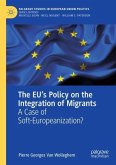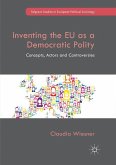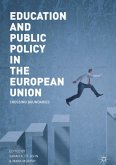This study explores the use of precedents in the case law of the Court of Justice of the European Union (CJEU). It argues that a strategic use of precedent-based discourses aids the Court in developing its jurisprudence autonomously; that is, independent of the political preferences of EU member states. The study is based on a long-term assessment of CJEU case law in the politically sensitive area of immigration law. It traces the Court's rulings in this area from the 1970s up until the most recent period. The study identifies a series of consistent discursive patterns that slowly, but surely, moved EU immigration law beyond what member states had intended. The work takes an interdisciplinary approach, engaging with both political science and legal discussions on the Court of Justice and its role in processes of European integration.
Bitte wählen Sie Ihr Anliegen aus.
Rechnungen
Retourenschein anfordern
Bestellstatus
Storno

